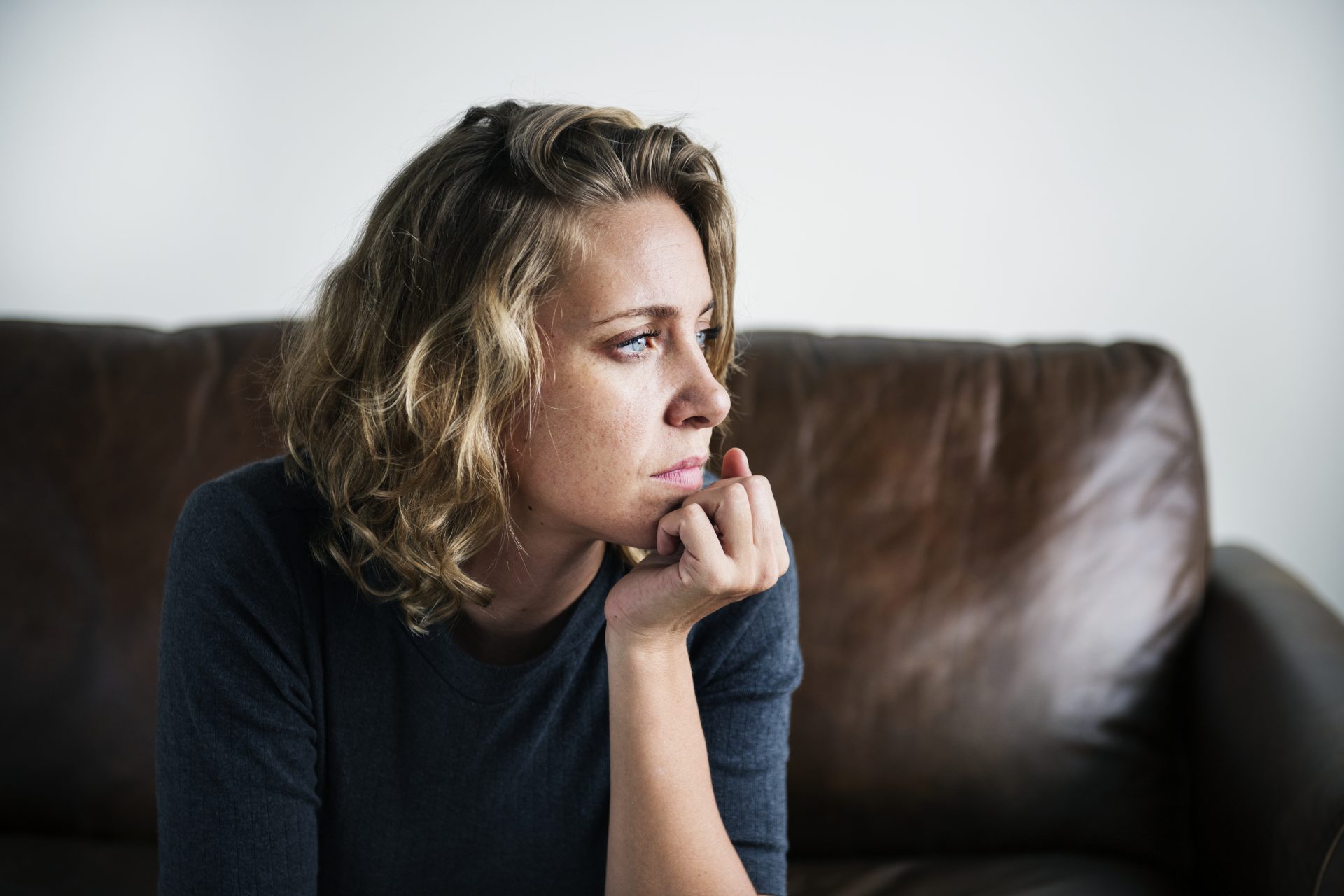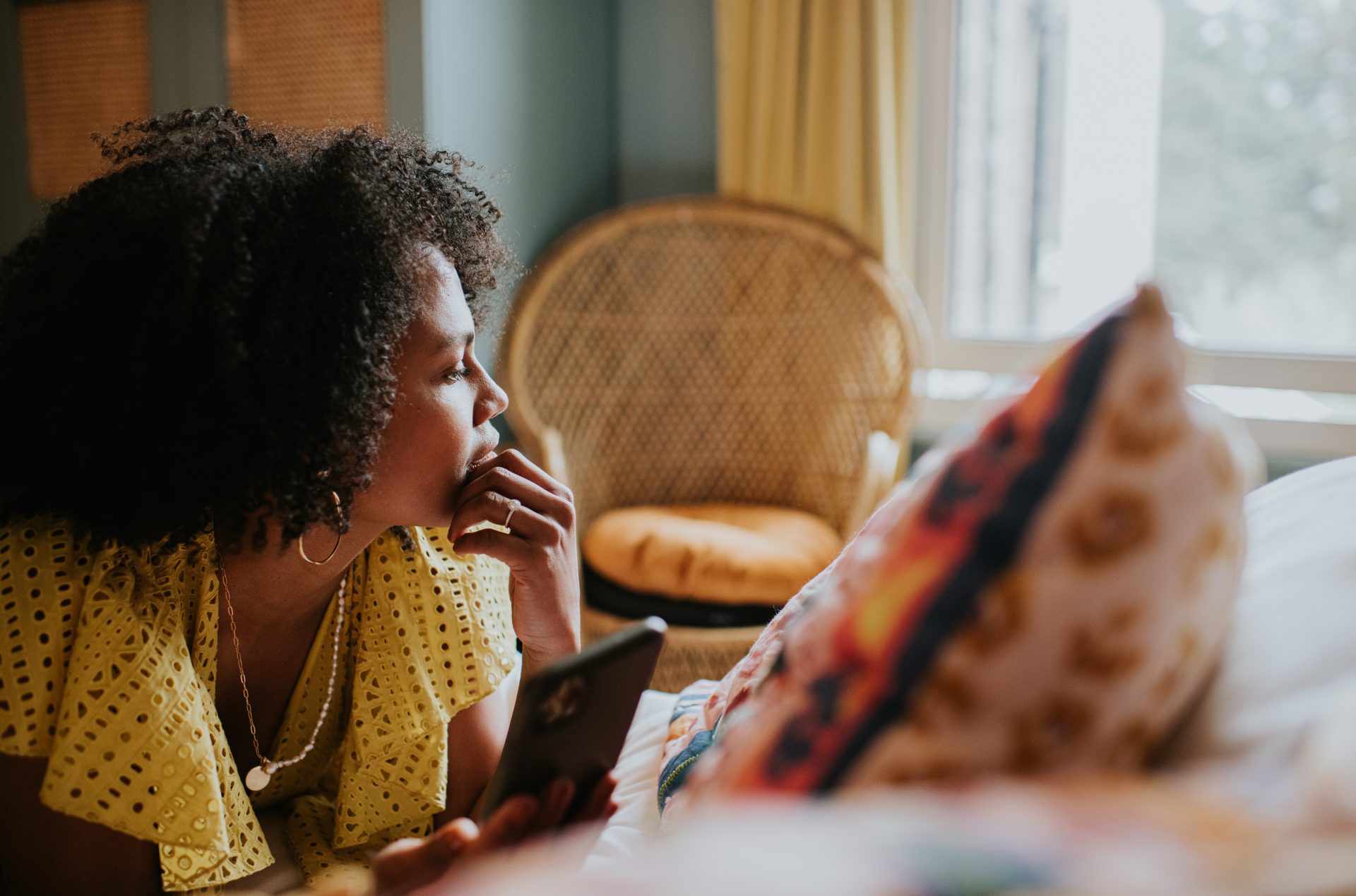Does the end of the year leave you feeling uneasy? You could be dealing with new year anxiety. Here’s how to handle it, according to two mental health experts.
Christmas Day has officially been and gone – and although the festive season is still very much underway, many people will now begin turning their attention towards the approaching new year.
While the cost of living crisis continues to loom over proceedings, for many people, the start of the new year is an opportunity to let their hair down, reflect on the year just gone and make some (tentative) plans for the future.
But if you’re someone who struggles with new year anxiety, things will probably look a little different. You may still be planning on celebrating New Year’s Eve, but underneath the surface, the idea of a new year beginning likely fills you with discomfort and unease.
Because there’s a lot going on at this time of year, it can be hard to pinpoint exactly why you’re feeling out-of-sorts and do anything about it. So, to help you understand why you’re feeling anxious – and take steps to relieve these feelings – we asked the experts to explain all.
What causes new year anxiety?

New year anxiety is typically caused by a whole bunch of factors that add up to create an underlying sense of unease and dread.
“New year anxiety can be triggered by a multitude of factors ranging from the practical (eg overloaded schedules, extended time spent with family, strain on finances), to the existential (eg “What am I doing with my life?”),” explains Catherine Hallissey, a chartered psychologist.
“Many people feel pressure to make the upcoming year their ‘best year ever’ which can lead to crippling anxiety before the year even begins, and others may feel stuck in disappointment with not having achieved all they wanted to this past year.
“Add to that some uncertainty about the year ahead and you have the perfect ingredients for anxiety.”
The lull in activity following Christmas can also play a part in making us feel anxious and on edge. The days leading up to 25 December tend to be busy and full of action, but the days following it can be pretty slow and uneventful. This sudden contrast can be unsettling.
Jacqueline Carson, a psychotherapist and hypnotherapist, explains: “In the run up to Christmas we’re usually pretty busy and focused on what we need to do. Often times it can feel like a climax, and when the big day is over, we have a lull until New Year’s Eve.”
She continues: “This can trigger anxiety because there is the uncertainty of the ‘bit in between’ and the lack of structure. When we are working and rushing around it’s almost like we are running on the adrenaline, but when this stops, suddenly our brain doesn’t know what to do.
“Physically and mentally we can struggle to adjust to the period of calm in between – especially when we are anticipating a build-up again.”
How to cope with new year anxiety

Knowing what could be causing your new year anxiety is the first step towards dealing with it – but there are other things you can do to relieve your anxiety as well.
One of the easiest (and most effective) places to start is by adding some structure to your days, Carson says.
“The best way to deal with new year anxiety is to create some structure for yourself,” she explains. “Make some time for you, but use it to do something you enjoy. You don’t want to be too rigid, but having a plan of what you’re doing each day will help you to stay focused on the present.”
Keeping up with your regular self-care is also important (including monitoring how much you’re drinking) as well as making space for mindfulness and gratitude practise if possible, Carson adds.
On top of this, Hallissey stresses the importance of not putting too much pressure on yourself during an already taxing period of the year.
“Resist the urge to make resolutions, as they’re a highly ineffective way of making changes in your life,” she explains. “Instead, set a specific and realistic goal for the year ahead and – here’s the key – make a specific and detailed plan of how you’re going to achieve that goal.”
Finally, Hallissey suggests, try to give yourself space to feel everything you’re feeling – no matter how ‘unseasonal’ it may feel.
“If you’re struggling with anxiety at this time of year, the first step is to acknowledge what you’re feeling,” she explains. “Even if you feel like you’re surrounded by people who are full of joy and optimism, know that not everyone feels that way and you’re not alone.”
If you, or someone you know, is struggling with their mental health or emotional wellbeing, you can find support and resources on the mental health charity Mind’s website and NHS Every Mind Matters or access the NHS’ guide to local mental health helplines and organisations here.
If you are struggling, you can also ask your GP for a referral to NHS Talking Therapies, or you can self-refer.
You can also call the Samaritans in the UK on 116 123 or email [email protected] for confidential support.
Images: Getty
Source: Read Full Article





